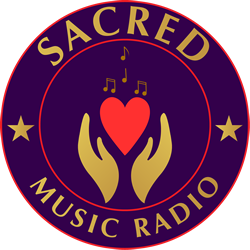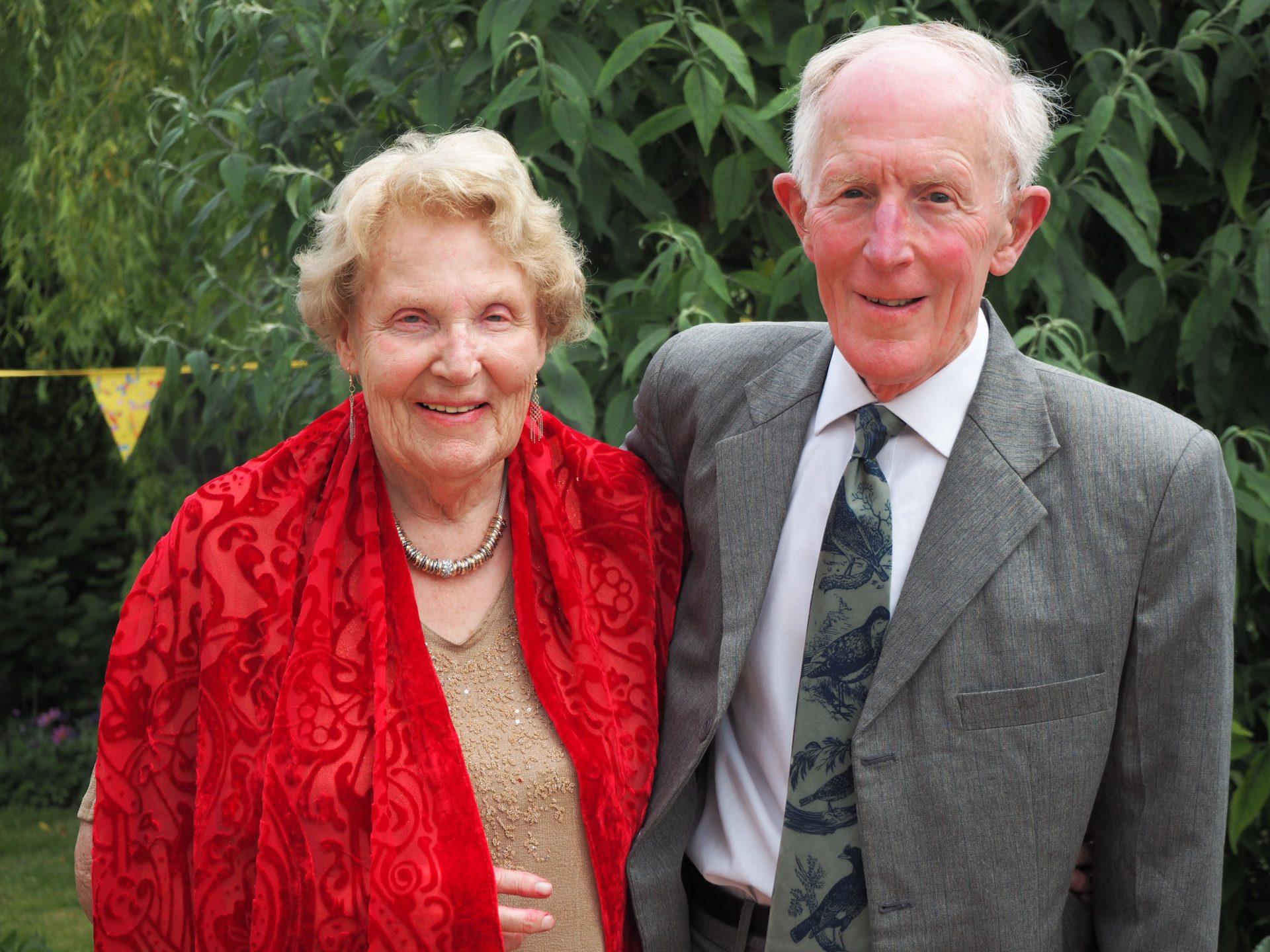Revd Dr Marcus Braybrooke is the President of World Congress of Faiths, co-founder of the Three Faiths Forum, Peace Councilor andauthor. He and his wife Mary have been involved in interfaith work for 50 years, having joined the World Congress of Faith in 1964. Alongside encouraging interfaith relations in the UK, Marcus has travelled widely to attend interfaith conferences and to lecture. His contribution to the development of inter-religious co-operation and understanding was recognized in 2004, when he was awarded a Lambeth Doctorate of Divinity by the Archbishop of Canterbury. To find out more about Revd Dr Marcus’ work, please visit here. Sacred Music Radio was fortunate to sit down with him and discuss the current shape of interfaith relations, and the role music has in it.
How do you think we can best achieve interfaith harmony?
Local activity is very important. This week is the National Interfaith Week and Next February there will be World Harmony Week, which is sponsored by UN. It provides a great chance for people to get involved in local events, and encourages people to meet and learn about different religions. Internationally, we are trying to bring pressure on the governments, campaigning at the UN on the major issues. The recent Parliament of World Religion in Salt Lake City discussed topics ranging from the dangers of climate change, hate and war, to women’s rights and we focused on what we can do together.
What do you view as the biggest obstacle to achieving this?
Of course we aware that that there are issues preventing us from achieving harmony. The greatest danger is the way people use religion to embitter conflicts and to justify killing other people. For some, actions are deemed acceptable because they are doing so in the name of their God: But a criminal act in the name of God is always a crime against God. We need to challenge teachings in religion which encourage exclusivity. Many people believe that only one religion is right and all others are wrong. We need to help people recognize that they can still believe in their religion whilst respecting others at the same time.
A lot of that stems from the dogmatic approach to religion that has developed. What can we do to discourage this?
This can be a major obstacle. The issue comes from people taking the texts too literally and not in context of the religious teaching. For example, you should read the Bible with a mind of Christ- or any scripture it in the light of your overall knowledge of its teaching . If you get a letter from someone you love, and there is a strange letter or sentence within it, you realize the mistake because you know the person, and know they would not be saying that. One of the things that is important about interfaith is that it’s not about watering down a religion. People need to recognize that the more deeply you go into a faith, the more you feel akin with other spiritual people. People of faith meet in the presence of God- it’s a call to get to the very depth of you religion, and that is where the dogmatic approach to religion becomes a problem.
I feel like there needs to a concerted effort to encourage empathy between people of different backgrounds. How do you believe this can be achieved?
The first thing is encouraging people to meet. Hostility comes from a feeling of being estranged. Once you meet, you discover that you make friends and often forget which religion people belong to, as we often use religion as a badge of identity. It’s important that people try and learn about other religions. So much is available online nowadays. Throughout Interfaith Week, this was achieved through people going to other’s places of worship and sharing meals together. Acting together and campaigning for shared goals, such as the environment and animal rights, or helping refugees is one way of achieving this. One way the World Congress of Faith has addressed this is through interfaith worship. People of different faiths pray together. Our last, before the London Olympic Games focused on the Golden Rule, which is to be found in every religion and we heard each religion’s version of it. There is so much we can share.
Michael found himself drawn to the ability of sacred music to unite people after he trained to perform a service called the Universal Worship Service- was there a significant moment in your past that led to you focusing your work on encouraging interfaith relations?
After writing a book on 1000 world prayers, which draws on prayers from all different traditions, I began to recognize the harmony between them. There are so many words of dogma where faiths disagree, but what motivates me is the mystical tradition, that sense of overwhelming oneness. I was on the underground looking around at the passengers, and could feel the sense of unity. They were not strangers. We are all children of God.
How can we engage with the next generation to ensure that our message of interfaith relations is spread and strengthened?
A lot is happening now at local level. One of the encouraging things about the Parliament of World Religions was the number of young people. There was a great emphasis on youth leadership. Last November there was a World Religious Peace Summit in South Korea, which began with a gathering in the Olympic stadium, and it was full of young people. It demonstrated that in some parts of the world, there is a strong desire from young people to get involved in interfaith activities. In this country, I feel that the encouragement will most likely come from the activist approach. However, a lot comes down to where you live. In some areas, people are very accepting of multi-faith communities, having lived in one for years, yet others still view it as a novelty. Encouraging spirituality, as opposed to doctrine is important. . The real sharing is getting people to meet through hearts and minds, not just through theology.
Do you think that music from spiritual traditions has a capacity to connect tradition and modern life?
Music is tremendously important. I have stressed in the past the need to get away from the verbal. We had a wonderful concert in London that ended with Peter Gabriel’s arrangement of music from different traditions. For everyone, the highlight of the Parliament of World Religions was a concert with musical contributions from all traditions. At that level, we were moving beyond our particularities. The reasons we get together don’t have to be specifically religious. The Three Faiths Forum has a mixed choir, where members come from lots of different traditions, and they just come together to enjoy the singing. Similarly at the Parliament of World Religion in Salt Lake City – one of the most moving moments was when there was a great choir of children singing together. Music is a great way of bringing people together.
How do you feel Sacred Music Radio can develop to further help build interfaith relations?
First, the music encourages inner peace and harmony and may help us to appreciate other cultures. Sometimes the stories of those who wrote music are inspiring. It will be good to hear from people what it is about sacred music that moves them, and works towards further breaking down barriers and encouraging a longing for universal peace.



